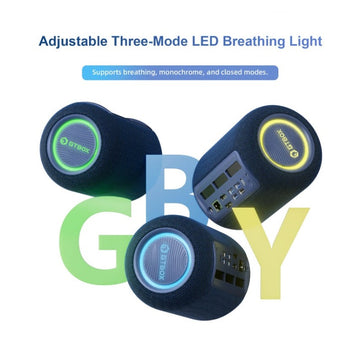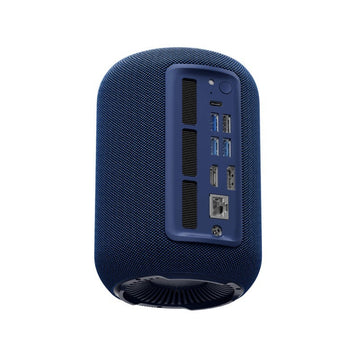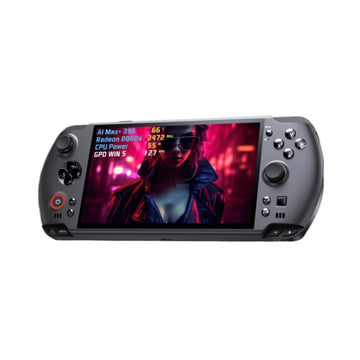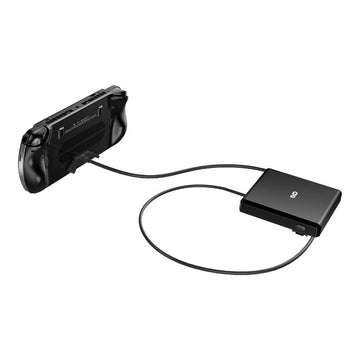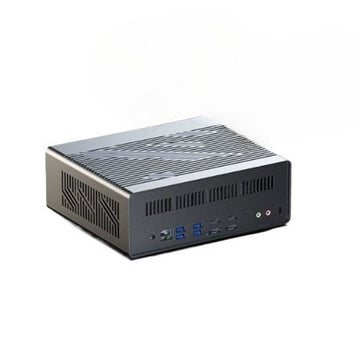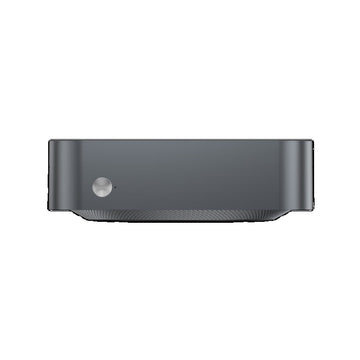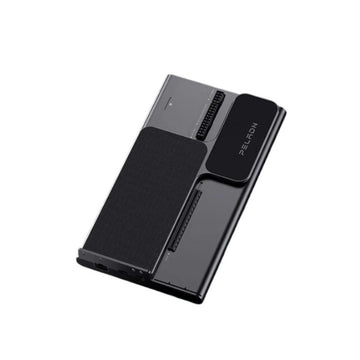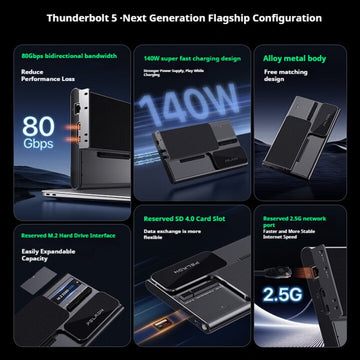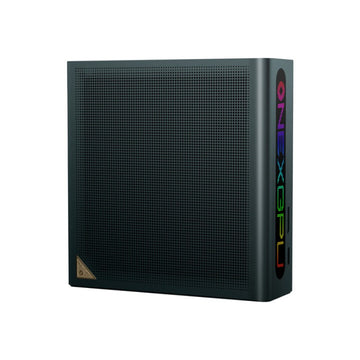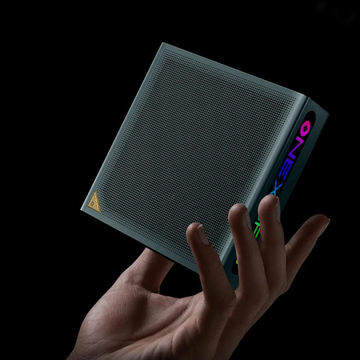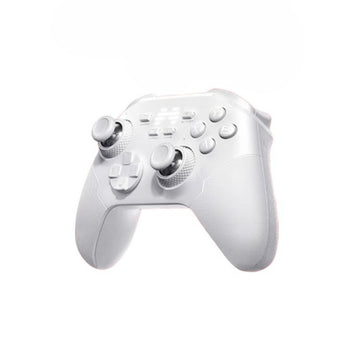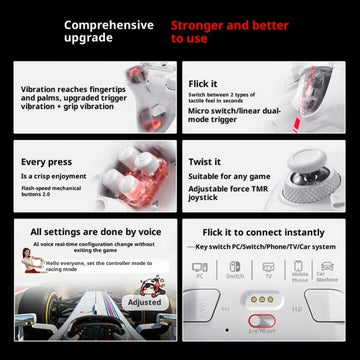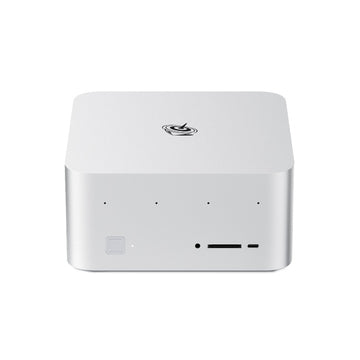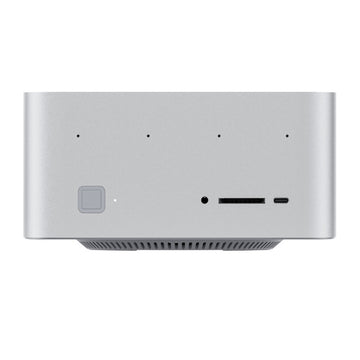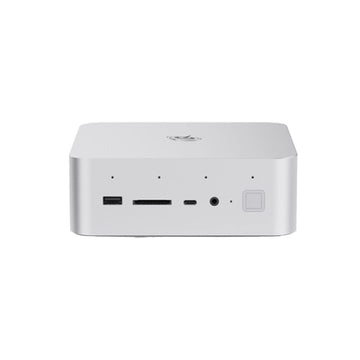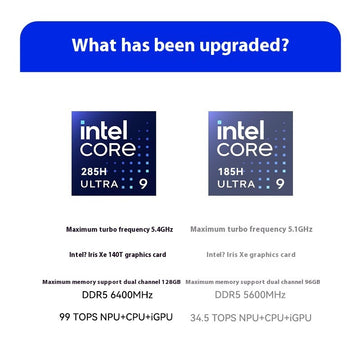Beelink SER6 Pro+ will soon be released, featuring the 7735HS Processor
In November 2022, Beelink, a reputable Mini PC brand, introduced the SER6 model which featured the AMD Ryzen 7-6600H processor, as well as the SER6 Pro model which was powered by the AMD Ryzen 7-6800H processor. However, the SER6 Pro model has sold out many times since its launch. To address these issues, Beelink will be releasing the third iteration of the SER6 series, the SER6 Pro+, which will be equipped with the state-of-the-art AMD Ryzen 7-7735HS processor.

The AMD Ryzen7-7735HS is part of the Ryzen 7000 series, however, there is not much of a variation between it and the Ryzen 7-6800H. Both CPUs utilize an 8-core Zen 3+ architecture, have 16 threads, 16MB L3 cache, and a 12CU Radeon 680M graphics card. The only notable difference is that the 7735HS has a maximum turbo frequency of 4.75GHz, which is slightly higher than the 4.70GHz of the 6800H. Additionally, the 7735HS has a configurable TDP range of 35W-54W, while the 6800H has a default TDP of 45W. Despite this, current test data shows that there are no significant improvements in performance with the 7735HS compared to the 6800H, whether it be in benchmark scores or in-game frame rates.

The SER6 Pro+ shares many similarities with the SER6 Pro, such as its support for dual DDR5 memory sticks and dual hard drives (1M.2 2280 PCIe Gen4 SSD, 12.5-inch SATA3 SSD/HDD). The only major difference is the processor. Additionally, both models are equipped with a reliable Intel AX200 wireless network card that offers support for WiFi 6 and Bluetooth 5.2. The SER6 Pro+ has a variety of ports including 1 USB4 port with advanced capabilities, 3 USB3.2 Gen2 ports, 1 USB2.0 port, 2 HDMI2.0 ports, 1 3.5mm audio port, 1 2.5G network port, and 1 DC power port. The USB4 port supports video output and can provide up to 100W of power through PD3.1, and is also compatible with external graphics cards that use the Thunderbolt protocol.

There is already a batch of mini PCs with AMD Ryzen7-7735HS processors on the market, but there are some notable flaws in their design:
Heat Dissipation using Liquid Metal Technology That is Not Yet Fully Developed

Recently, liquid metal heat dissipation has been integrated into notebook computers. While it offers slightly better thermal conductivity than phase-change silicone grease, it comes with a significant drawback - a higher failure rate. Statistics show that a high percentage of notebook computers using liquid metal heat dissipation are returned for repair within the first 6 months, with the figure reaching as high as 30%. Within 12 months, the percentage jumps to an alarming 90%. Unfortunately, some mini-hosts have also chosen to adopt this immature technology, despite the risk of increased failure rates.

No independent SSD Cooling
Without a separate means of dissipating heat, PCIe Gen4 SSDs typically experience temperatures of 70-80°C during use. This can not only impact the reliability of data transfer but also significantly reduce the lifespan of the drive.
Wireless Network Card RZ608 by MediaTek
The MediaTek RZ608 wireless network card was widely utilized in mini-hosts and laptops running on AMD platforms due to its compatibility with WiFi 6E. However, it was later discovered that the network card had significant design flaws, including excessive heat generation and stability issues caused by heat buildup. As a result, it was phased out by most leading brands. Despite this, some domestic brands have continued to use the RZ608 in their 7735HS small consoles, raising concerns about their reliability.
Non-full-featured USB4
Despite the availability of 7735HS mini PCs that feature USB4 interfaces, capable of high-speed data transfer and video output, none of them support 100W PD3.1 adapters. This is because this function requires advanced technical research and development capabilities, which are not typically found in small factories.

The Beelink SER6 series of mini PCs have been engineered to eliminate the issues present in other similar devices. Large main system fans and copper pipes are incorporated to efficiently dissipate heat from the CPU and motherboard, while SSD fans and aluminum plates are added to dissipate heat from the hard disk and wireless network card, thereby ensuring optimal performance and stability. Furthermore, the USB4 interface of the SER6 series supports a 100W PD3.1 adapter for added convenience.
The Beelink SER6 Pro+ is set to release in the mid-month timeframe. The exact cost of the device has not been disclosed yet, but it is expected to be similar to that of the SER6 Pro, as there are minimal variations between the two products.

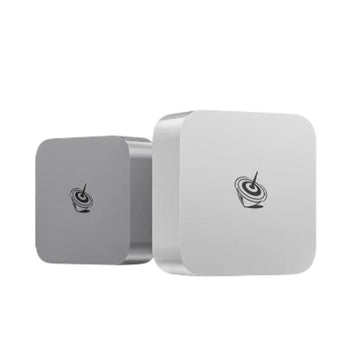

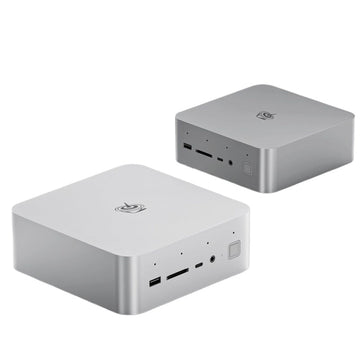
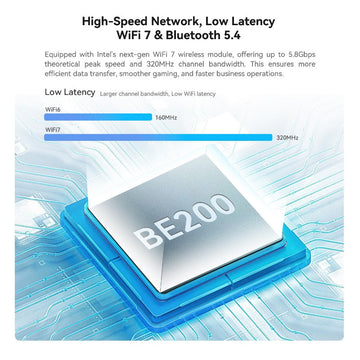
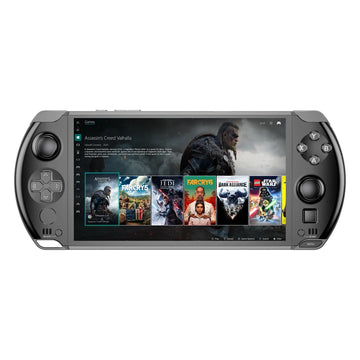
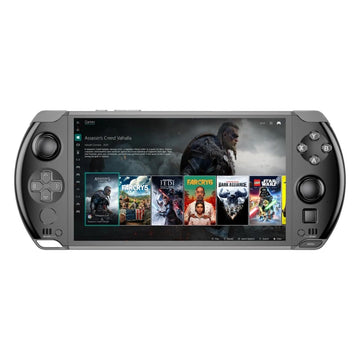
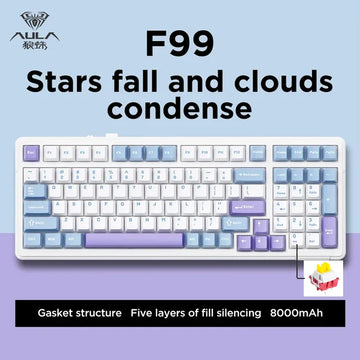
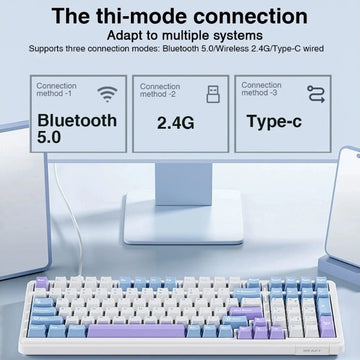





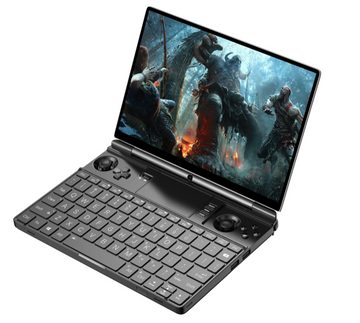

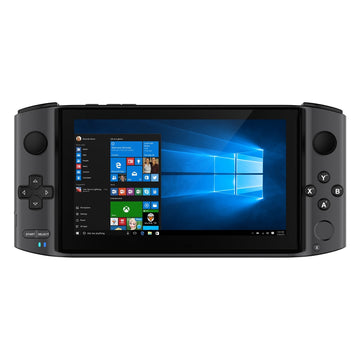
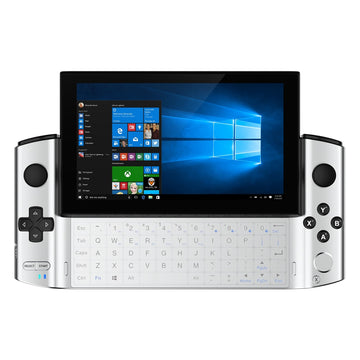
![[US Warehouse]Flydigi Vader 5 Pro Dragon Ball Limited Edition Game Controller](http://minixpc.com/cdn/shop/files/2bf62a4b1011cdf0b5088de9d5ad663d_360x.jpg?v=1763001514)
![[US Warehouse]Flydigi Vader 5 Pro Dragon Ball Limited Edition Game Controller](http://minixpc.com/cdn/shop/files/0944bf12c40c5bcaf5bc45c2a2f0b9e0_360x.jpg?v=1763001514)


